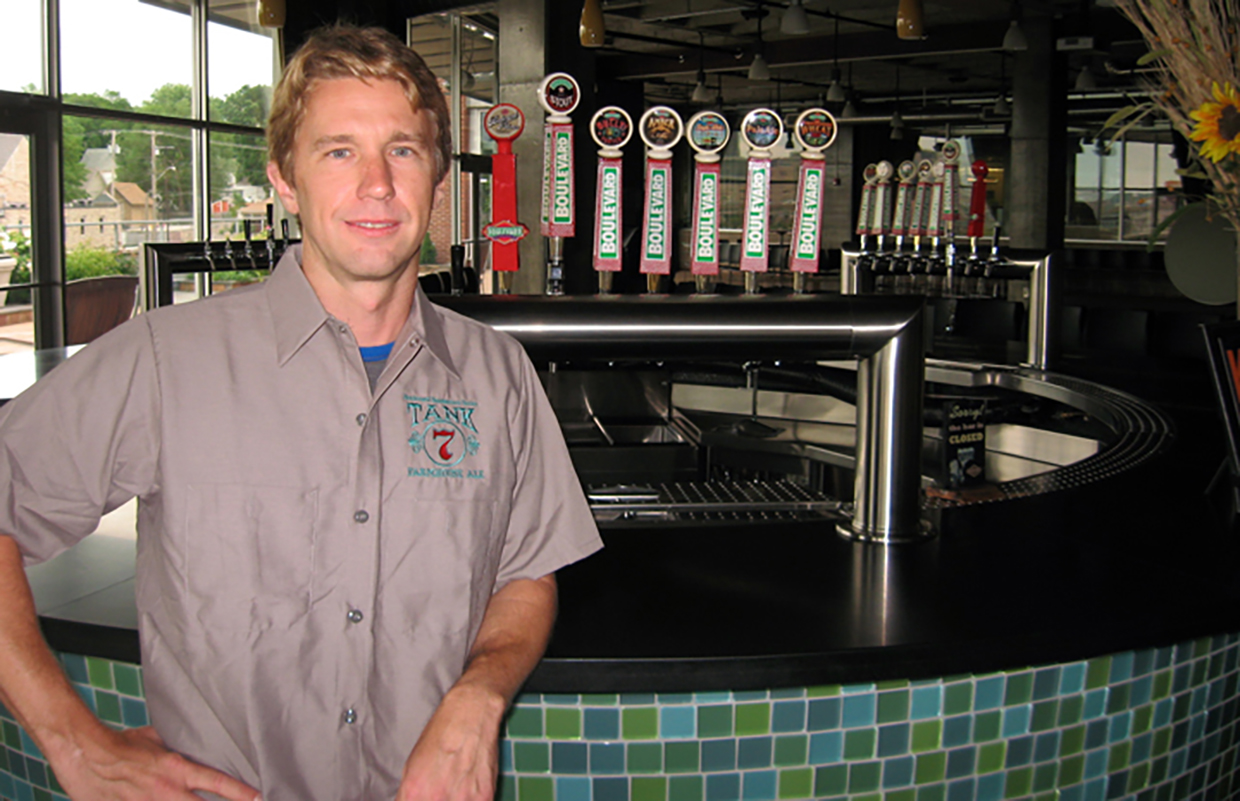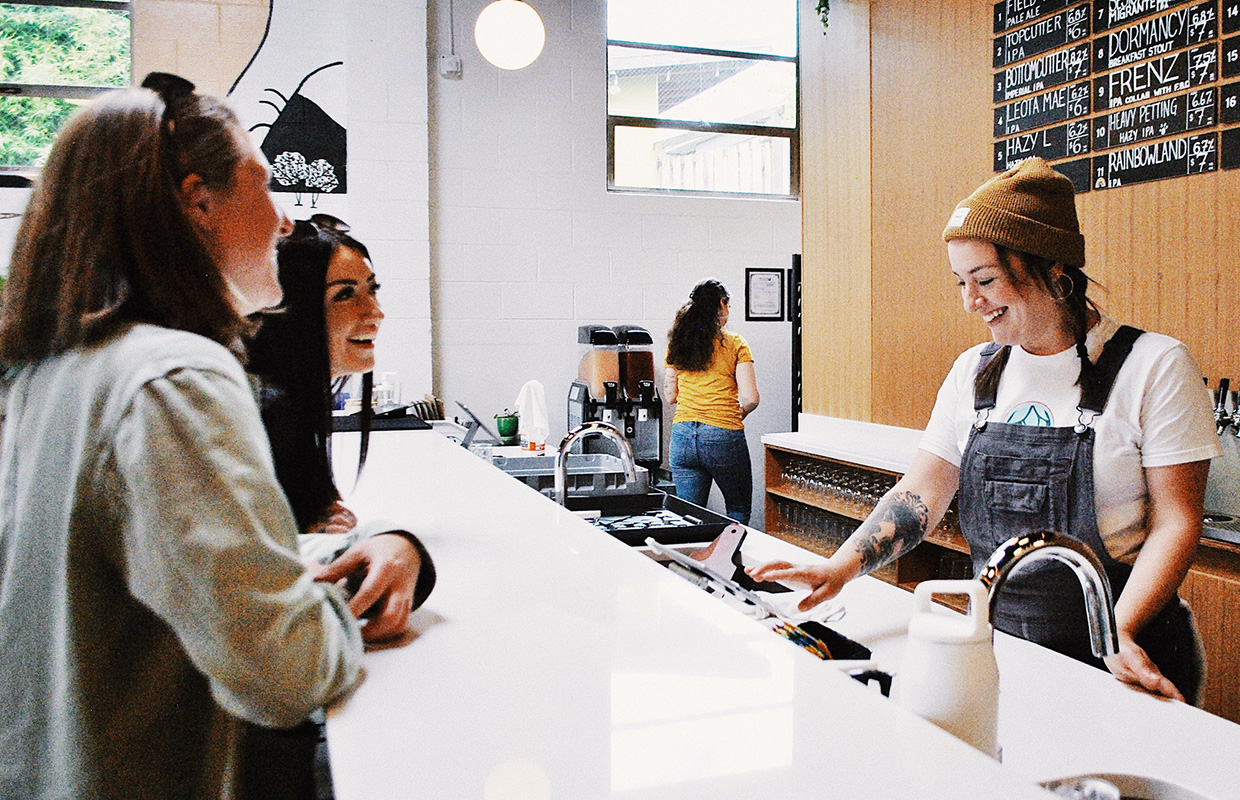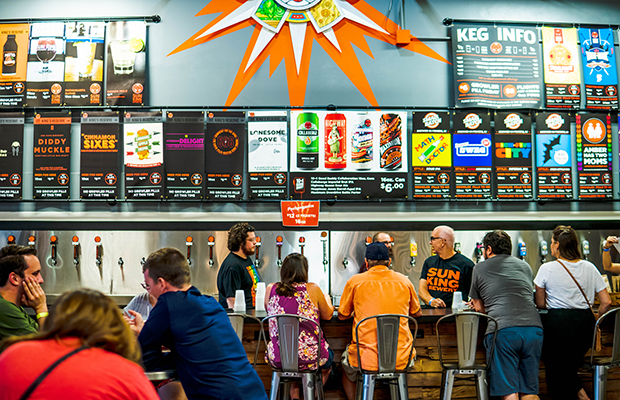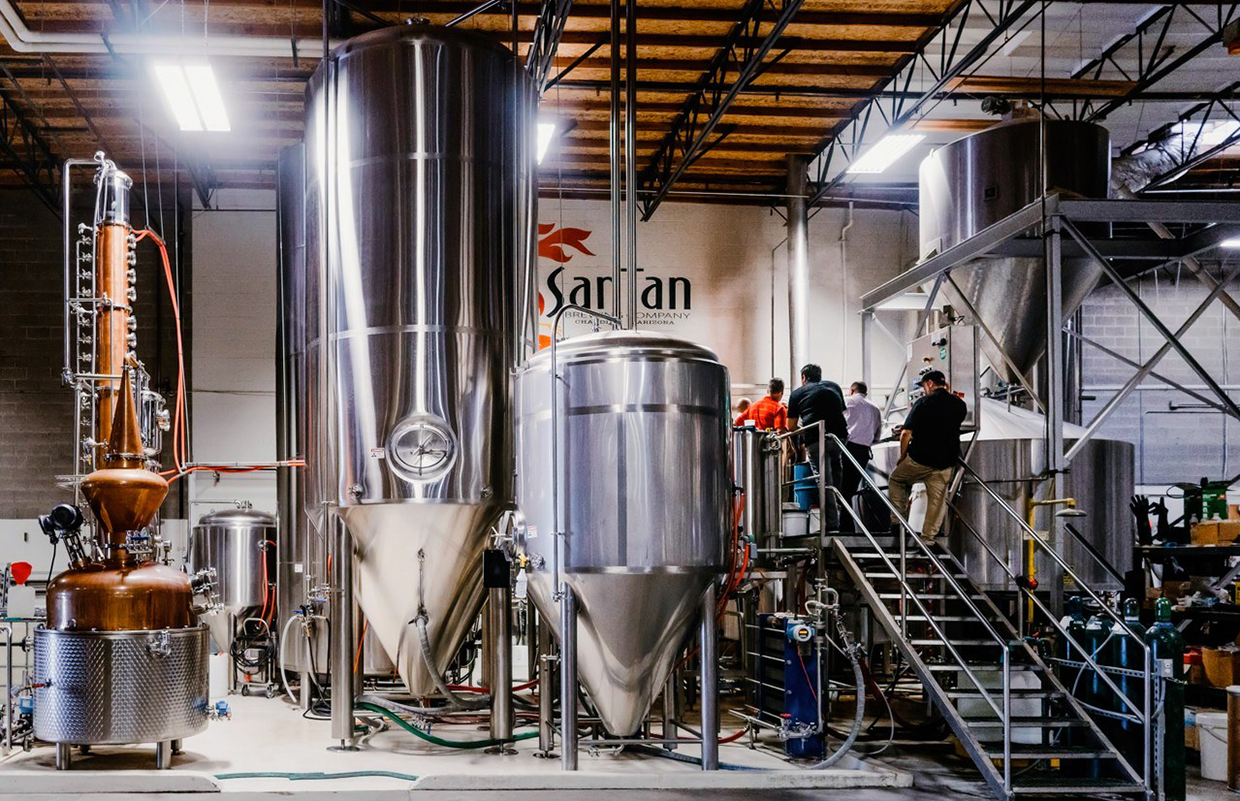
This is a part of a continuing series of Q&As with members of the brewing community from across the US. Brewer Magazine will share business and personal insights from Brewmasters, Head Brewers, Brewing Managers, Sales Directors, QCQA Managers and others each weekend to help you get to know each other better in the industry and learn more to better develop your own brand.
Craig Pijanowski, Brewing Manager, Boulevard Brewing — Kansas City
BREWER: What do you feel have been new challenges in your position that have helped push you and make you better at your job?
PIJANOWSKI: I’ve had to grow both professionally and personally to keep up with all the changes that the brewing industry has gone through over the years. Not only has the beer industry changed but the very culture of our country has changed. Some things that were acceptable 25 years ago are no longer, which is a good thing. If you don’t change with the times, you will get left behind.
BREWER: Why did you enter the craft beer industry and what makes you love being a part of it and staying in it?
PIJANOWSKI: Professionally I grew up in a heavy industrial environment. Very fast paced large factories. They were a very “work don’t think” kind of environment. I didn’t know what I was getting into when I applied at BLVD but by the end of my first interview, I knew that I never wanted to leave. The amount of value that the entire brewing industry places on individuals was refreshing and I will never take that for granted. I have a picture in my desk drawer of myself in full slaughterhouse gear and if I have a bad day, I look at it and it reminds me that my best day there was not as good as my worst day here.
BREWER: What are some recent trends within your job and expertise in the industry that you’ve tried or are excited about trying?
PIJANOWSKI: I am excited about the improvements in raw materials. The beer industry is very innovative and so are our suppliers. Hops are no longer only for bitterness and pine aroma. New hops are being developed that smell fruity, citrusy, and tropical. There are hop products you can buy to increase efficiencies. The same goes for yeast companies. The new thiolized yeasts make beers that taste incredible and unique, like nothing I thought a beer could taste like.
BREWER: What was your business’s greatest accomplishment during the past year, and what are your goals for your brewery this year?
PIJANOWSKI: Our innovation. When it comes to new beers, new beer styles, and process improvements we are on point. The old saying “innovate or die” has never been truer. The beer business is down but we are holding steady and even seeing growth with our volume and revenue. The way we do this is to improve the quality of the beer, increase the number of beers we produce, and make our processes more efficient. It’s a never-ending process but lucky for me it’s very rewarding and keeps work fun! We are trying to grow our production volume in a down market. It’s a daunting task but our entire company is laser focused on this.
BREWER: What are some changes in the industry that you’ve observed in the past few years, and how has your business adapted to it to stay competitive?
PIJANOWSKI: More like what hasn’t changed? We went from brewing eight to about 80 different beers a year. There was no dry hopping, fruit beers, sour beers, hard seltzers, can cocktails, or even Lagers. Just ales. The Kansas City metropolitan area went from four breweries to 50 and counting. There is more competition and innovation than ever before, not only for retail space and tap handles, but also employees. There are a lot more options out there and things change fast so you had better make sure you are doing everything you can to keep up. We do this by constantly reassessing what we are doing. Constantly trying to improve the quality of our beers, our processes, and the very way we handle our day-to-day business.





Be the first to comment